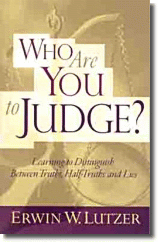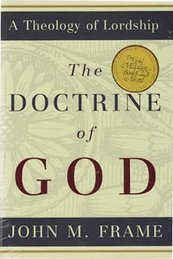Does our Prayer change God’s mind? A quick response by many would be ‘Yes!’, otherwise why did the Lord tell us to pray. On first thought, this response seems correct & logical, but is it biblical?
According to the bible, it seems that God’s does not change his mind because of our prayer. Prayer is one of the means by which God gets His will done on earth. "Effective prayer is, as John said, asking in God's will (John 15:7, “If you remain in me and my words remain in you, ask whatever you wish, and it will be given you.”). As such, our prayer should be in line with God’s mind. Of course, we don’t know the specifics of God’s mind, but we can always pray “thy will be done” as it is what Jesus had taught us.
As God is not limited by time, it seems that it is also logical to say that our Prayer does not change God’s mind. In his Monologion, Anselm had argued from God’s immutability to his timelessness. Maybe God exists outside time and sees all events simultaneously. Thus, He knows the “future” totally. God does not have the human limitations of knowledge that would require Him to change his mind because of our prayer. Thus, different from Open theism, God does not take a risk in creation. God is not only omnipotent, but also omniscient.
Though God’s does not change his mind because of our prayer, our prayer affects the outcome. This is a mystery and difficult to understand with our fallen reasoning.
If God’s does not change his mind because of our prayer. If God works all things according to the counsel of his will (Ephesians 1:11) and that He is omniscience, then what is the point of praying that anything happen? To this question, I think we need to be reminded that the aim of prayer is not to change God, but to change our mind, change us. Through prayer, we learn to listen to God, to seek God, to change our self-centeredness. In our prayer journey, we learn to persevere.
Subscribe to:
Post Comments (Atom)



1 comment:
"the aim of prayer is not to change God, but to change our mind, change us". Truly, truly.
On "why pray?", Calvin replies that God "ordained prayer not so much for his own sake as ours" (Inst. III.20.3). For our faith must be exercised lest it becomes lazy and weak. i.e. Prayer as the Principal Exercise of Faith. (I. John Hesselink, "Calvin's First Catechism", p. 130)
Post a Comment